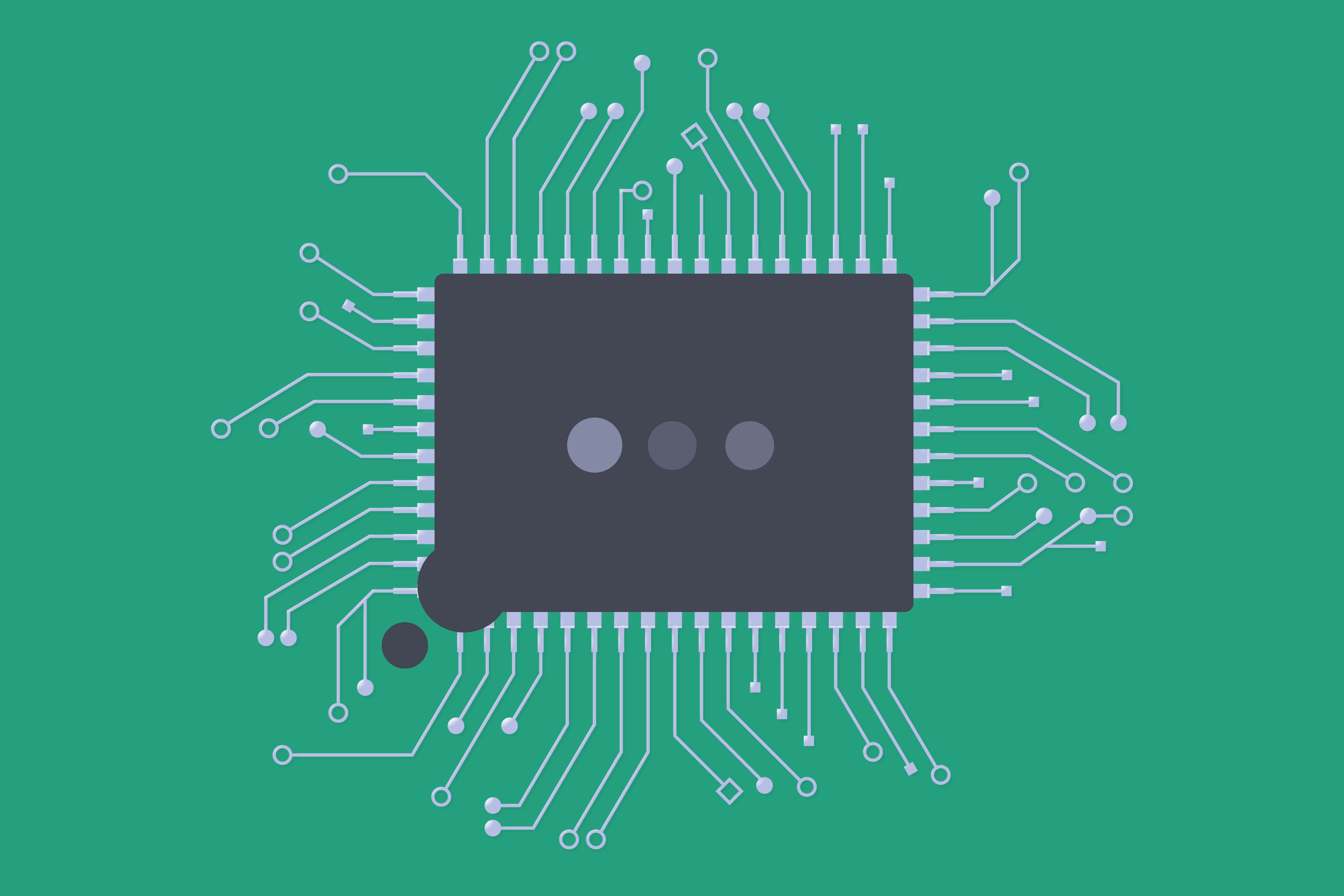Cardiac Radiologist Called Liar, Fraud : Former UCSD Researcher Accused by State
- Share via
California medical authorities have filed charges of dishonesty and misrepresentation against Dr. Robert Slutsky, the former UC San Diego heart researcher involved in what officials have said was one of the more extensive academic fraud cases in recent history.
The state Board of Medical Quality Assurance announced Monday that it had made the allegations against Slutsky in an accusation--a set of charges to be heard later this year by an administrative law judge.
If sustained, the accusation could lead to sanctions ranging from a public reprimand to revocation of Slutsky’s license to practice medicine in California. Slutsky, formerly a cardiac radiologist, is now training as an anesthesiologist on the East Coast.
The four-page accusation filed May 7 alleges that Slutsky “fabricated research” in 13 manuscripts submitted for publication, and used the names of supposed co-authors without their knowledge, according to Vicky Boone, a legal technician with the board.
The alleged fabrications include claiming to have done procedures that were not done, augmenting the number of animals claimed to have been studied, altering statistics, falsely reporting experimental data as though it were original, and adding clinical data from patients who could not subsequently be identified, Boone said.
She said the specific charges are dishonesty and “falsely representing the existence or non-existence of a state of facts”--both violations of the state’s Business and Professions Code.
A San Francisco lawyer who has notified the board that he is representing Slutsky could not be reached Monday for comment.
Slutsky, now 38, resigned from the UCSD School of Medicine in May, 1985, while under consideration for appointment to a professorship in the field of cardiac radiology. A routine review of Slutsky’s bibliography in preparation for his promotion had raised faculty members’ suspicions that Slutsky might have faked some research.
Fifteen months later, after a lengthy investigation, a UCSD faculty committee concluded in a report released last October that 13 of Slutsky’s research papers contained fraudulent information. It classified 55 as questionable-- that is, the co-authors were unable to prove their validity--and 79 as valid.
The committee charged that Slutsky had fudged statistics, recycled data and inflated numbers of experimental animals. It also alleged that he had claimed to have done tests that were never done and had added other researchers’ names to his papers without their knowledge, when they had done little or no work.
Asked why it had taken the Board of Medical Quality Assurance two years from the time of Slutsky’s resignation to file charges, deputy chief of enforcement Jerry Sanders said Monday that the board received no information on the case until October, 1986. After that, Sanders said, an investigator had to research the case to determine whether the charges would meet the standard of proof required under state regulations.
“It’s relatively uncommon that we get involved with such a case,” Sanders said of the academic fraud allegations. “We don’t hear a lot about this type of thing.”
According to Sanders and Boone, the board’s charges against Slutsky will be presented by the state attorney general’s office at a hearing before an administrative law judge. The judge will decide whether to sustain the charges and what penalty, if any, is warranted.
Sanders estimated that fewer than 10% of all cases initiated by the board result in license revocation. He said such cases tend to involve an especially heinous crime or a pattern of repeated violations.
He said he saw no evidence in the case file that Slutsky had ever been charged or penalized by the board in the past.
Boone noted that some cases never go to the hearing stage. Instead, the state and the lawyer for the doctor reach a stipulated agreement that resolves the charges.
More to Read
Sign up for Essential California
The most important California stories and recommendations in your inbox every morning.
You may occasionally receive promotional content from the Los Angeles Times.










